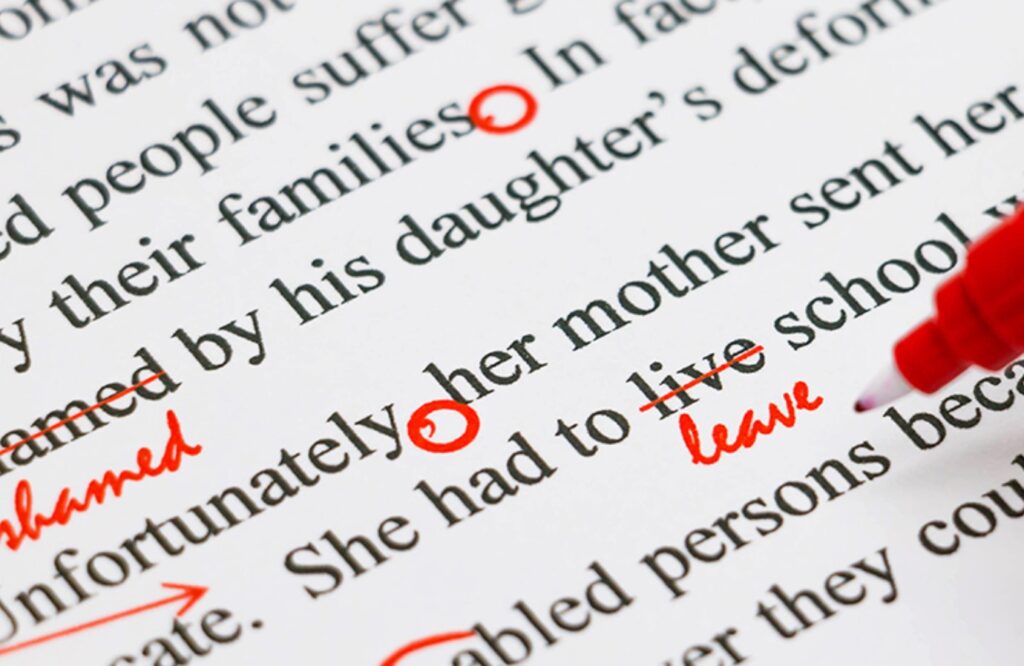Essays are an integral part of everyone’s academic journey. We have been writing essays in high school, but it is not until university that we understand its importance. A lot more rides on quality essays when you’re a college student; therefore, it is much more important to know how to write a quality essay and get a good grade.
Fortunately, it is not that hard to write a good essay – you just have to know what you’re doing. You have to understand how to go through the whole process, step by step, and then you’ll have yourself a nicely written essay by the end.
Here’s how to do it.

The Preparation Phase
The first and arguably the most crucial process of writing an essay is the preparation phase. During the preparation phase, you’re going to do all the necessary work to make sure that you have it all planned out and ready by the time you start writing.
You’ll start by choosing a topic if you can. If the topic is assigned to you already, then you can skip this step. If it isn’t, make sure you find a topic you’re familiar with and something that is interesting to you, so you don’t get bored along the way.
Next up, you’re going to have to do a little bit of research. An essay needs to be packed with important information, so doing the research is critical. In this phase, you’ll find your sources, both primary and secondary, and from there, you’re going to move on to the next step.
The next step would be coming up with a thesis. A thesis will be the focal point of your essay, something that’s going to tie everything together. A thesis will be something that you will keep reverting back to or something you’ll either try to prove or disprove, depending on the assignment or the subject of the essay.
Finally, once you’ve done with all of that, you’re going to come up with a template or an outline of your essay. Write down your outline in bullet points or however you like. The important thing here is to cover all the ground and develop a rough structure of the piece, so you can, later on, expand on it.
Once you’re done with that, it’s time to move on to the writing phase.

The Writing Phase
The first step in your writing phase will be writing the introduction. When it comes to writing the introduction, you have to follow a few rules. An intro shouldn’t be longer than 15% of your entire essay, and it should contain enough relevant information so that the reader knows what they’re getting into.
You always want to grab your readers attention from the start. That means you’re going to need a hook. A hook is a sentence, or two, that will grab your readers’ attention, pique their interest, or hook them, hence the name.
Once you’re done with the hook, you’ll want to provide enough context and background on your topic to help your reader better understand both your argument and the subject of the essay. Basically, you want to create a simple overview of the whole piece.
Finally, you’ll want to formulate the thesis that you’ve previously decided on. This will set the tone for the rest of the essay and define your position on the subject. Keep in brief, one to two sentences max.

Once you’re done with the intro, you’re going to move on to writing the body.
The body of an essay, according to homeworkhelpglobal.com should be somewhere between 60 to 80% of your essay. Now, according to the assignment, this could be anywhere from three paragraphs to several pages.
When writing the main body, it’s vital that you have a clear structure. Use the template you’ve created beforehand to help you with this. The best way to structure an essay is to divide it into paragraphs.
Now, it’s crucial that you don’t just make up paragraphs as you go. Each paragraph should be centred around a single point or an idea, and it should focus only on that. Naturally, you can and should connect them with one another, but make sure you always have a clear point that you’re trying to make with each paragraph.
Keep this structure throughout the whole main body of the essay until you reach a conclusion.
When you reach the final portion of the essay, it’s essential to keep it brief – no more than 15% of the essay’s whole body.
A firm conclusion should prove or disprove your thesis, depending on the assignment. It should sum up the whole main portion of the essay into a compact explanation of your argument. Try and make it as impactful as you can, because, you want to end the essay with a strong impression.
Also, don’t add new arguments into the conclusion to “strengthen” your point. That will do the exact opposite. Just tie up your previously made argument into one compelling unit and finish it off.
Once you’ve finished writing – it’s time for the final portion.

The Revision Phase
The worst thing you can do when you wrap things up is to submit your essay right away. We understand that you’ve probably waited too long to start writing, but you do have to revise the whole body of work to make sure you’ve written it well.
First of all, you’ll have to evaluate the whole piece. Try and read it from a different perspective and see how it feels.
After you’ve done that, do a detailed revision. Go through your essay, paragraph by paragraph and revise the contents of each. See how it all works together and check to see whether something needs to be fixed.
In the end, proofread the whole thing once again. Proofreading is essential because the last thing you want is for you to get a bad grade because of grammatical errors. If you can’t do it alone, you can always use some online tools, such as Grammarly, for instance.
Finally, the last thing to do is check your essay for plagiarism. If it’s all good – submit it!

Conclusion:
There you have it. That is how to write an essay effectively. Hopefully, you’ve found this article helpful and are now well on your way to write a perfect essay for your next assignment.





![Calgary’s Hottest Neighborhoods for Luxury Homebuyers [2024]](https://thewashingtonote.com/wp-content/uploads/2024/04/Calgary-324x160.png)



